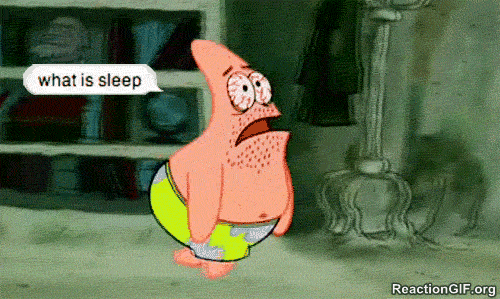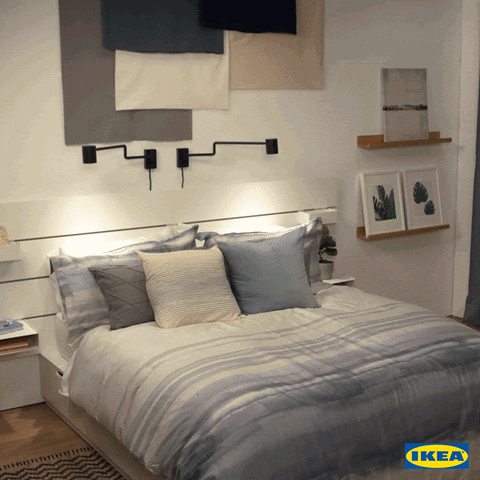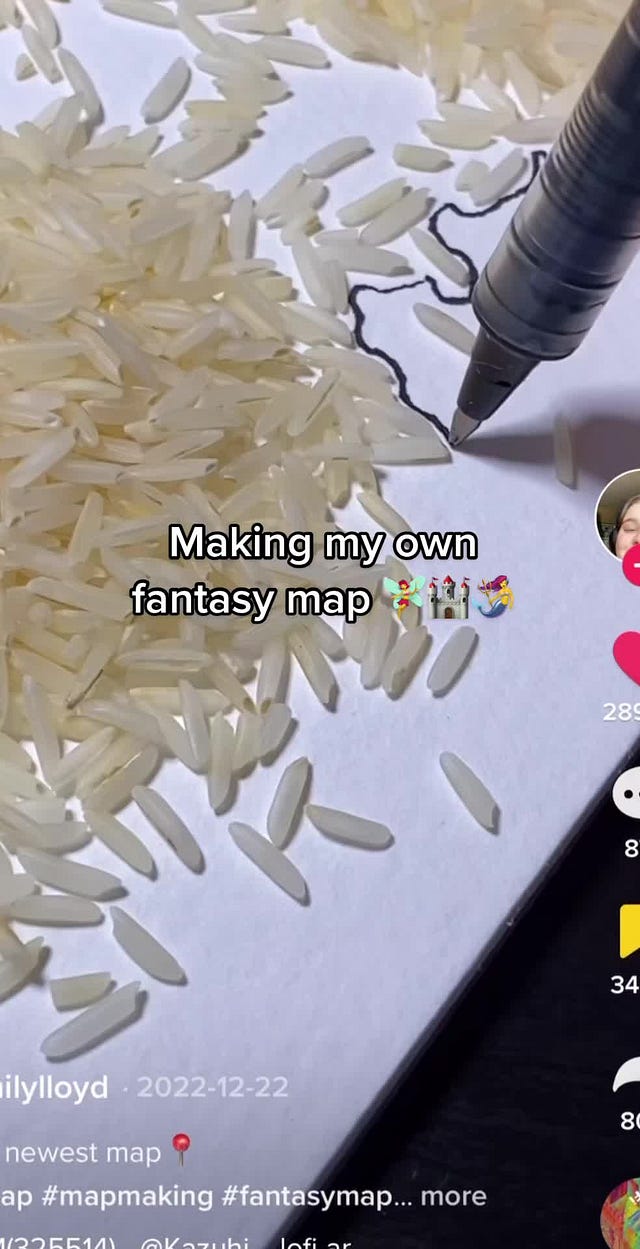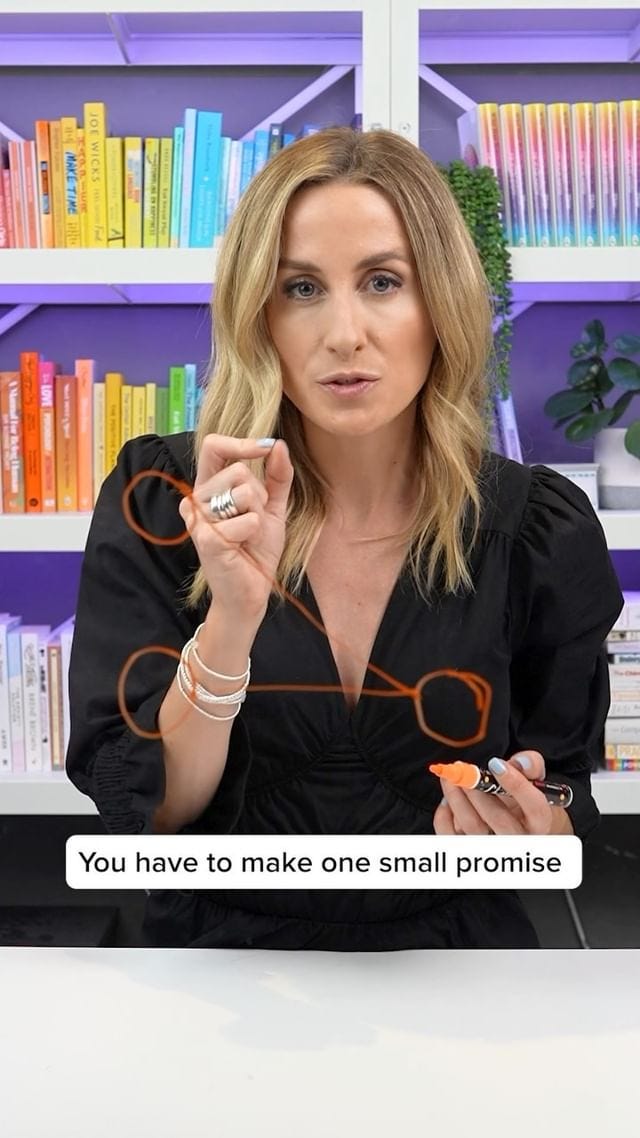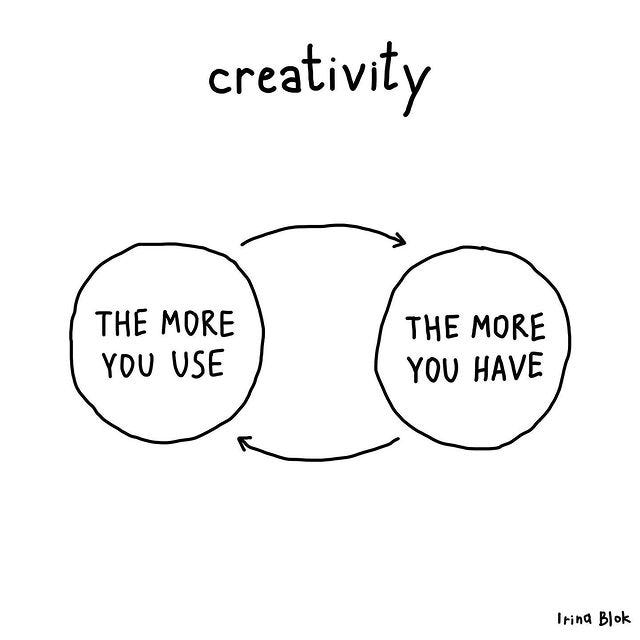Is Rest Really That Important? This Happens During Our Sleep
Why do we need sleep and what are the effects if we don't get enough deep sleep? How your evening rest already starts during the day. And other Monday Morning thoughts on processes & rice fantasy maps

🛌 The importance of sleep
First of all, it’s important to understand what happens during the night. When we sleep, we gradually go through different stages. Our sleep pattern flows multiple times a night from REM Sleep to stage 4
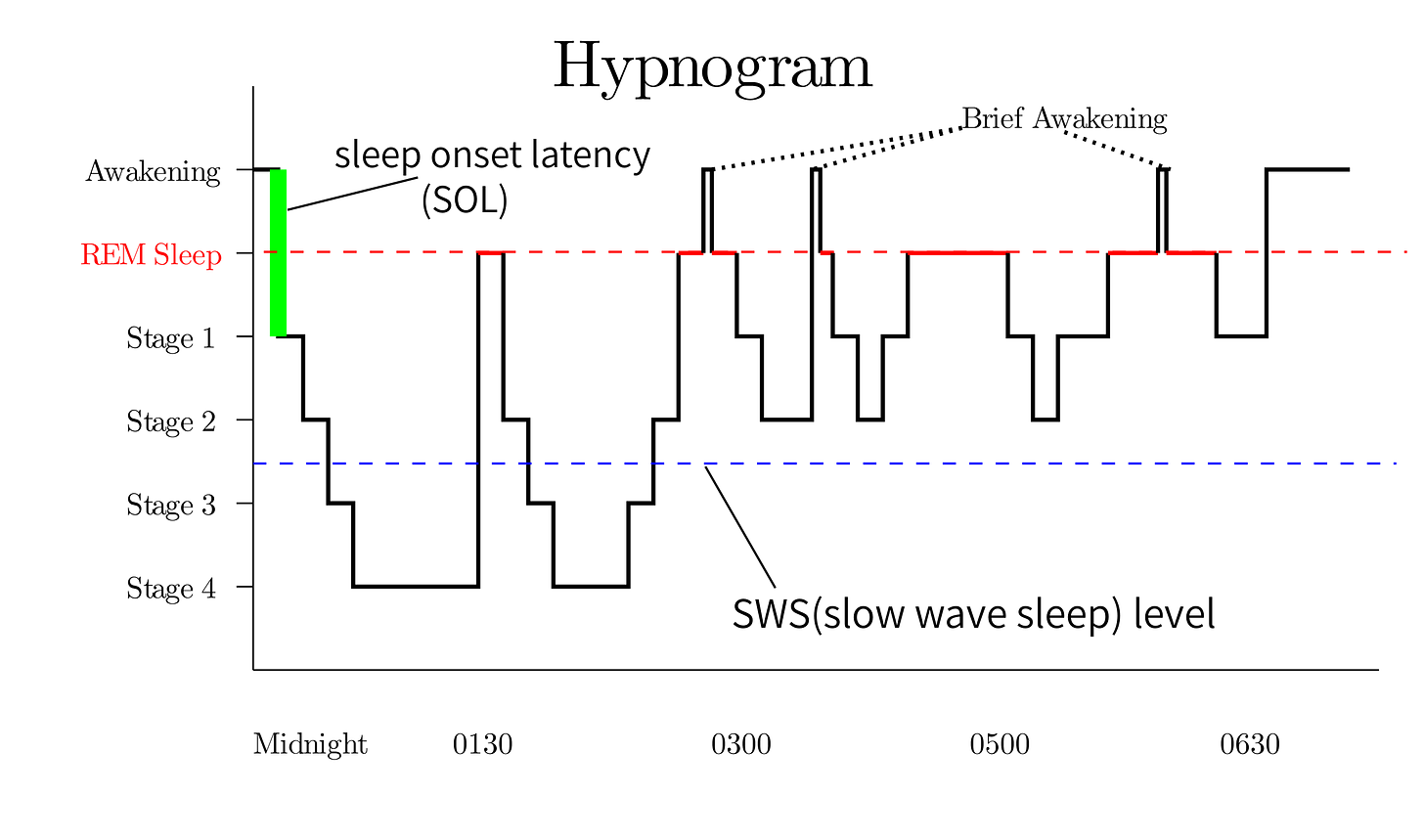
Stage 1 and 2 is our “light sleep”. We speak about “deep sleep” or the slow wave sleep level (SWS) when we are at stage 3 or 4.
😴 Why we need deep sleep
You literally slow down during the SWS sleep stage. Your heart rate and blood pressure decrease. This nightly dip decreases the risk of high blood pressure complications (f.e. stroke or heart failure). Our slow-wave sleep is also important for
the support of learning and memory
tissue growth and repair
metabolism
adaptive immunity
elimination of waste products from the body
Typically deep sleep makes up for about 15-25% of the sleep for young adults and decreases if we get older to 10-15% for elderly people.
There are some factors that can decrease our deep sleep:
Stress & depression
Arthritis, back pain and cardiovascular diseases
sleep apnea and asthma
alcohol and drugs
Losing or disrupting that slow-wave sleep has a huge impact on our general health. Over time it increases the risk of high blood pressure, type 2 diabetes, memory impairment and Alzheimer’s.
⚖ The balance of our sleep
During the day, we create sleep pressure. It’s literally our body showing us that we need rest. Slow-wave sleep also helps to reduce the pressure to sleep. So, it makes our sleep more restorative.
Our body prepares for a good night of sleep during the day. Every day 14h after waking up, our body starts to create melatonin, the sleep hormone. From then we slowly get more and more sleep pressure. To 2-3h after going to bed, our body starts to produce cortisol, the stress hormone, which increases until we wake up in the morning.
That’s why it’s so important to stand up and sleep at the same moment every day. It takes 2-3 days to reprogram our sleep rhythm, so if we tuck in 2 hours longer during the weekend, by Sunday evening we will not yet be tired and by Monday morning we will not yet be awake. If we go back to our weekly rhythm on Monday, by Wednesday-Thursday our body will be used to it again. This means most of the days our body is adapting to the sleep rhythm.
💤 What more can help?
Next to a fixed structure, it also helps to
have a comfortable environment: a good bed and pillow and a room temperature of 16-19 degrees C
not consuming caffeine in the afternoon. It can stay in your body for up to 10 hours. It decreases gradually, but a rule of thumb is no caffeine 6 hours before bed
don’t eat too late. After we eat, our digestive system gets into action. It’s literally taxing on our bodies and can disrupt our sleep.
exercise regularly
get 30 min. of natural light exposure in the first hours after you wake up
Just before bedtime: wind down, stop working, and avoid blue light, …. Compare it to driving on the highway. If we want to stop, we won’t suddenly pull our handbrake. We gradually slow down. Our sleep system needs the same.
Sleep tracking might help you to give more insights into how you sleep and if you reach your SWS. However, there’s a difference between doing it in a sleep research centre and at home. The medical world doesn’t have a consensus yet about it, but there are strong suggestions that our home sleep-tracking devices actually can have a negative impact. It can create more frustrations in the morning when we see we didn’t sleep well, leading to more pressure to fall asleep, etc.
In today’s busy world, people start to get more aware of the importance of sleep. Recently the world's first sleep fitness company started: Eight Sleep. They’re on a mission to train people until they reach optimal sleep.
I’m not perfect in everything that I summed up here above. I also don’t believe that it’s possible to always follow the default schedule and the best routine. However, I do find it important to know the impact of the small decisions we make during the day and what they can eventually lead through.
😍 My Favorite Things of last week
📽 video: Pengoart - making his own fantasy map based on rice.
 Tiktok failed to load.
Tiktok failed to load.Enable 3rd party cookies or use another browser
📰 Article: I helped write the press release about the upcoming 10 years-celebration of Amai Impro. and it resulted in an article. Very nice to see it suddenly out there! Check it out here (in Dutch)
📽 video: Dr Julie Smith’s (Psychologist) video about focusing on creating a process that feels easy enough to do consistently.
🗨 Quote of the week
“If you can find a way to make a problem fun, you’ll never have to worry about willpower again.”
by Mark Manson
✏ Visual of the week
➡ Want to get automatic updates on this (somewhat) weekly newsletter?
One last thing…
If you don’t like it or no longer find it interesting: unsubscribe (no hard feelings). If you feel like you want to ask or add something: go ahead. Any kind of feedback is welcome: worshippers, grammar nazis, and everything in between!

